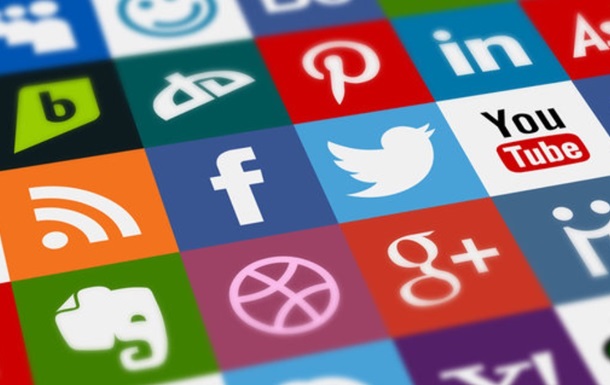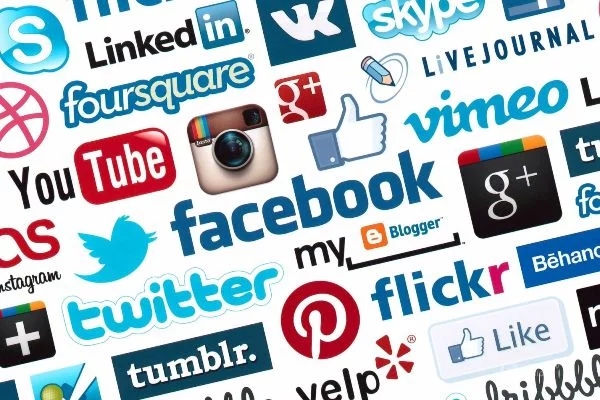
The Impact of Social Media on Mental Health
In an era where social media platforms dominate our daily lives, it's essential to consider their profound impact on mental well-being. While these platforms connect us globally, they also pose significant challenges to our psychological health.
Constant exposure to curated images and highlight reels can cultivate feelings of inadequacy and comparison, leading to a decline in self-esteem. The pressure to maintain an online persona often results in heightened anxiety and stress levels, as individuals strive for validation through likes and comments.
Moreover, the relentless stream of information on social media can be overwhelming, contributing to feelings of isolation and loneliness. The paradoxical nature of social media fosters a sense of connectivity while simultaneously exacerbating feelings of detachment from real-life relationships.
To mitigate these adverse effects, it's crucial to cultivate digital literacy and mindfulness. Setting boundaries around social media usage, curating a healthy online environment, and prioritizing genuine connections offline are essential steps in safeguarding mental well-being in the digital age.

Revolutionizing Education: Leveraging Social Media for Learning and Collaboration
Social media platforms have revolutionized the way we access and share information, offering unprecedented opportunities for educational engagement and collaboration. With their widespread accessibility and user-friendly interfaces, these platforms have become invaluable tools for both students and educators alike.
Through social media, learners can access a diverse range of educational resources, connect with peers and experts worldwide, and engage in meaningful discussions on various subjects. Platforms like YouTube, Twitter, and LinkedIn offer specialized content tailored to specific educational needs, fostering a culture of lifelong learning and skill development.
Additionally, social media facilitates collaborative learning experiences, enabling students to work together on projects, share insights, and provide peer feedback in real time. Virtual classrooms and online forums promote inclusivity and accessibility, breaking down geographical barriers and creating a more equitable learning environment for all.
By harnessing the power of social media, educators can enhance traditional teaching methods, foster creativity and critical thinking, and prepare students for success in the digital age.

Social Media and Its Role in Social Activism
In recent years, social media has emerged as a powerful tool for mobilizing grassroots movements and driving social change on a global scale. From #BlackLivesMatter to #MeToo, these online platforms have amplified marginalized voices, raised awareness about pressing social issues, and catalyzed meaningful action.
Social media provides a platform for individuals to share their stories, connect with like-minded activists, and organize collective action in pursuit of social justice. The viral spread of information enables movements to reach a broader audience, sparking crucial conversations and challenging existing power structures.
Moreover, social media serves as a watchdog, holding institutions and governments accountable for their actions and amplifying marginalized perspectives often overlooked by traditional media outlets. Through citizen journalism and livestreaming, activists can document and share instances of injustice in real time, galvanizing public support and prompting systemic change.


